News
[Interview] Andy Serkis – War for the Planet of the Apes
The film War for the Planet of the Apes is about an ape losing a grip on his humanity. Caesar, the revolutionary ape leader first introduced in 2011’s Rise of the Planet of the Apes, is the only ape who has to deal with such issues. Raised by humans, Caesar is a human trapped in an ape’s skin. He’s never felt that he truly belongs in either world. This is changing.
War for the Planet of the Apes, the third film in the Apes prequel series, refers as much to the war inside of Caesar as it does to the brutal physical war between the apes and the humans. In December 2015, during a set visit in Vancouver, Canada, I had the chance to talk to actor Andy Serkis about Caesar’s tenuous relationship with humanity, which is gradually being overtaken by thoughts of revenge.

DG: In terms of the battle between the apes and the humans, and the political dynamic that exists between Caesar and his ape army, what’s changed between the end of the last film and the beginning of this film?
AS: As this film opens, the fighting between the apes and the humans has only intensified, and the human fighters are much better trained, and more ruthless, than we’ve seen before. Led by Woody Harrelson’s The Colonel, the human army is comprised of military-trained men and women who are supremely devoted to The Colonel, whom they believe is leading them on a mission to save the human race. Unlike the humans in the previous film, this group of humans sees the apes purely as savage animals. The fighting is constant and intense, and both sides have suffered heavy casualties.
DG: How has Caesar changed since the end of the last film?
AS: The War in the title obviously refers to the battle between the apes and humans, but it also refers to the battle that’s developing inside of Caesar. Caesar’s at war with himself in this film. Caesar’s arc in this film is entirely related to his need for personal revenge. His relationship with humanity, his love for humanity, is sorely tested throughout the film.
DG: It appears, from the footage, that Caesar has lost, or is clearly losing, his humanity.
AS: Beginning with the first film, Caesar’s always had a loving relationship with elements of humanity, and this has been strained throughout the series. Now we’re reaching the breaking point, where events will take place that cause Caesar to break free of humanity once and for all. He learns what real hatred is, and he feels this, after seeing what the humans have done to his species. It’s an interesting, frightening process to watch in the film.
DG: Is he going down the same path that Koba did in the last film?
AS: Koba became treacherous, and he betrayed Caesar in the last film, which led to Koba’s death. Caesar would never betray his own species, but the feelings of anger are similar. Caesar witnessed Koba’s radicalization in the last film, how Koba became so full of hatred, and he never thought that would happen to him. Now he understands those feelings. Caesar has always been defined by his ability to galvanize and his ability to empathize. Now it’s all about revenge.

Woody Harrelson stars in Twentieth Century Fox’s “War for the Planet of the Apes.”
DG: How has Caesar evolved, physically and psychologically, since the end of the last film?
AS: Caesar, like most of the apes in this film, communicates almost entirely through language, and he speaks very good English in this film, much better than we’ve ever seen before. But he’s questioning himself in this film, not only in terms of his relationship with humanity but in terms of his ability to lead the ape species. He’s not sure if he’s the best leader anymore. This is what motivates Caesar to set off on his quest, which is a quest to preserve the ape species, and a quest for revenge, and a quest to resolve his feelings toward humanity. I’ve always thought of Caesar as a human being trapped in an ape’s skin. He’s a human-zee. He was raised by humans, and so he’s the ultimate product of evolution. He’s the missing link. He’s an outsider. He doesn’t truly belong in either species.
DG: How have you evolved as an actor over the course of these three films?
AS: As a motion-capture performer, I’m very happy that motion-capture performance has finally gained the respect it deserves, and I’m happy that I’ve played a role in that. When people ask what the difference is between regular acting and motion-capture acting, I say that there’s no difference. Some actors wear costumes and makeup, and I wear a motion-capture suit with markers. The emotional, dramatic demands of playing Caesar are the same for me as any actor. The makeup I wear is the digital kind.
DG: As this is the third film in the Apes prequel series, what is the relationship between this film and the original 1968 film?
AS: Because of the 1968 film, we know what will happen, and we know that the apes will completely take over the earth. But how does that happen? That’s what’s so interesting about these prequel films. The apes in the 1968 film are cruel and merciless; they have none of the compassion or empathy that we’ve seen in Caesar. How did this happen? What decisions did mankind make that led to its eventual destruction?
'Civil War' Review: Is It Worth Watching?
Follow our new YouTube channel "Mysteries and Movies" here.

Movies
’28 Years Later’ Trilogy Taking Shape With Serious Star Power
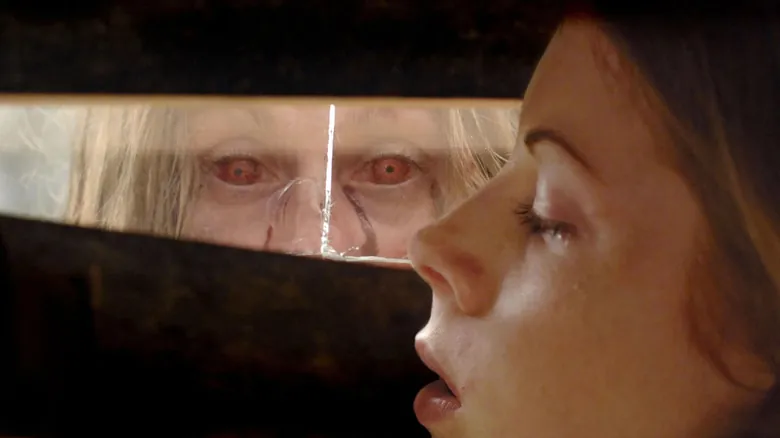
Danny Boyle is revisiting his 28 Days Later universe with three new films. He will direct the first, 28 Years Later, with two more to follow. Deadline is reporting that sources say Jodie Comer, Aaron Taylor-Johnson, and Ralph Fiennes have been cast for the first entry, a sequel to the original. Details are being kept under wraps so we don’t know how or if the first original sequel 28 Weeks Later fits into the project.


Boyle will direct the first movie but it’s unclear which role he will take on in the subsequent films. What is known is Candyman (2021) director Nia DaCosta is scheduled to direct the second film in this trilogy and that the third will be filmed immediately afterward. Whether DaCosta will direct both is still unclear.
Alex Garland is writing the scripts. Garland is having a successful time at the box office right now. He wrote and directed the current action/thriller Civil War which was just knocked out of the theatrical top spot by Radio Silence’s Abigail.
There is no word yet on when, or where, 28 Years Later will start production.
The original film followed Jim (Cillian Murphy) who wakes from a coma to find that London is currently dealing with a zombie outbreak.
'Civil War' Review: Is It Worth Watching?
Follow our new YouTube channel "Mysteries and Movies" here.
News
Watch ‘The Burning’ At The Location Where It Was Filmed

Fangoria is reporting that fans of the 1981 slasher The Burning will be able to have a screening of the film at the location where it was filmed. The movie is set at Camp Blackfoot which is actually the Stonehaven Nature Preserve in Ransomville, New York.
This ticketed event will take place on August 3. Guests will be able to take a tour of the grounds as well as enjoy some campfire snacks along with the screening of The Burning.
The film came out in the early ’80s when teen slashers were being churned out in magnum force. Thanks to Sean S. Cunningham’s Friday the 13th, filmmakers wanted to get in on the low-budget, high-profit movie market and a casket load of these types of films were produced, some better than others.
The Burning is one of the good ones, mostly because of the special effects from Tom Savini who had just come off of his groundbreaking work on Dawn of the Dead and Friday the 13th. He declined to do the sequel because of its illogical premise and instead signed on to do this movie. Also, a young Jason Alexander who would later go on to play George in Seinfeld is a featured player.
Because of its practical gore, The Burning had to be heavily edited before it received an R-rating. The MPAA was under the thumb of protest groups and political bigwigs to censor violent films at the time because slashers were just so graphic and detailed in their gore.
Tickets are $50, and if you want a special t-shirt, that will cost you another $25, You can get all the information by visiting the On Set Cinema webpage.
'Civil War' Review: Is It Worth Watching?
Follow our new YouTube channel "Mysteries and Movies" here.
Movies
‘Longlegs’ Creepy “Part 2” Teaser Appears on Instagram
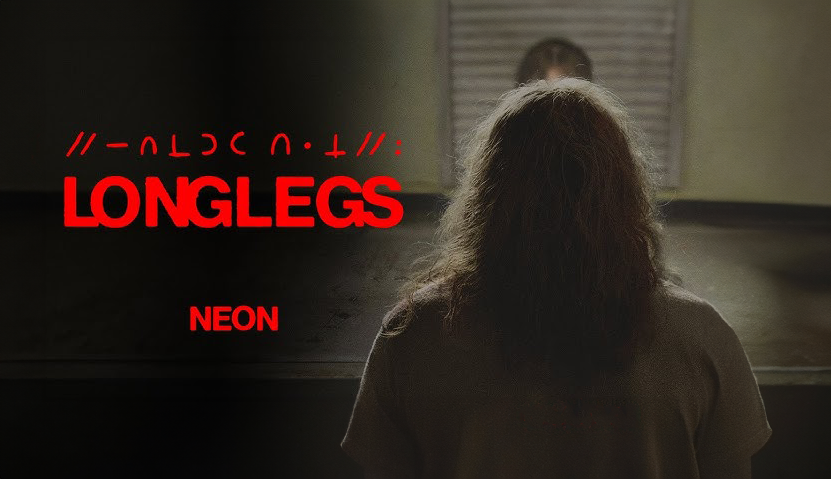
Neon Films released an Insta-teaser for their horror film Longlegs today. Titled Dirty: Part 2, the clip only furthers the mystery of what we are in for when this movie is finally released on July 12.
The official logline is: FBI Agent Lee Harker is assigned to an unsolved serial killer case that takes unexpected turns, revealing evidence of the occult. Harker discovers a personal connection to the killer and must stop him before he strikes again.
Directed by former actor Oz Perkins who also gave us The Blackcoat’s Daughter and Gretel & Hansel, Longlegs is already creating buzz with its moody images and cryptic hints. The film is rated R for bloody violence, and disturbing images.
Longlegs stars Nicolas Cage, Maika Monroe, and Alicia Witt.
'Civil War' Review: Is It Worth Watching?
Follow our new YouTube channel "Mysteries and Movies" here.
-
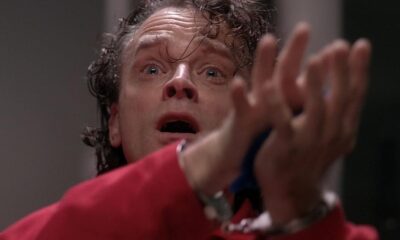
 News6 days ago
News6 days agoBrad Dourif Says He’s Retiring Except For One Important Role
-

 Strange and Unusual6 days ago
Strange and Unusual6 days agoMan Arrested for Allegedly Taking a Severed Leg From Crash Site And Eating It
-

 Movies7 days ago
Movies7 days agoAnother Creepy Spider Movie Hits Shudder This Month
-

 Editorial6 days ago
Editorial6 days ago7 Great ‘Scream’ Fan Films & Shorts Worth a Watch
-
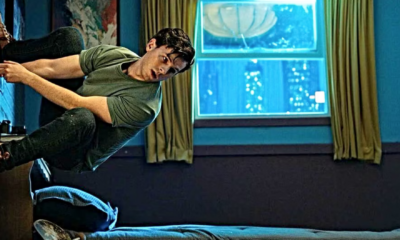
 Movies5 days ago
Movies5 days agoSpider-Man With a Cronenberg Twist in This Fan-Made Short
-
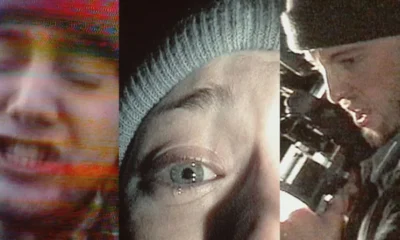
 News4 days ago
News4 days agoOriginal Blair Witch Cast Ask Lionsgate for Retroactive Residuals in Light of New Film
-
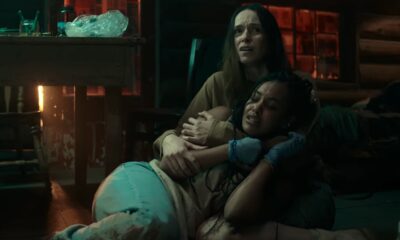
 Movies6 days ago
Movies6 days agoCannabis-Themed Horror Movie ‘Trim Season’ Official Trailer
-

 Movies3 days ago
Movies3 days agoNew F-Bomb Laden ‘Deadpool & Wolverine’ Trailer: Bloody Buddy Movie


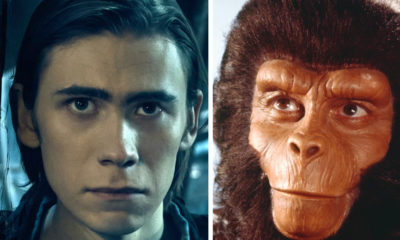

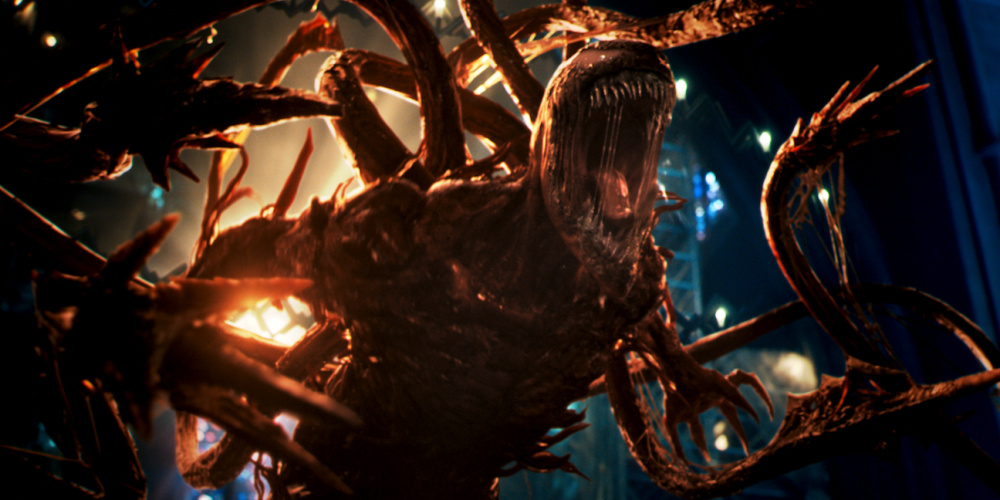






















You must be logged in to post a comment Login